
I’m a philosopher trying to make sense of my dad’s delusions
Philosophers debate whether delusions count as genuine beliefs. My father’s storytelling has made the question more personal
by Matthew Parrott

Philosophers debate whether delusions count as genuine beliefs. My father’s storytelling has made the question more personal
by Matthew Parrott

Drug treatments for schizophrenia have barely changed in 70 years, but a mix of chance and ingenuity offers fresh hope
by Jeremy Hall
Popular

Do networking events fill you with dread? Here’s how to manage your fears, show up, and take advantage of the opportunities
by Fallon Goodman


Well-meaning campaigns urge openness and conversation about mental health struggles. But there are those who cherish silence
by Dan Degerman
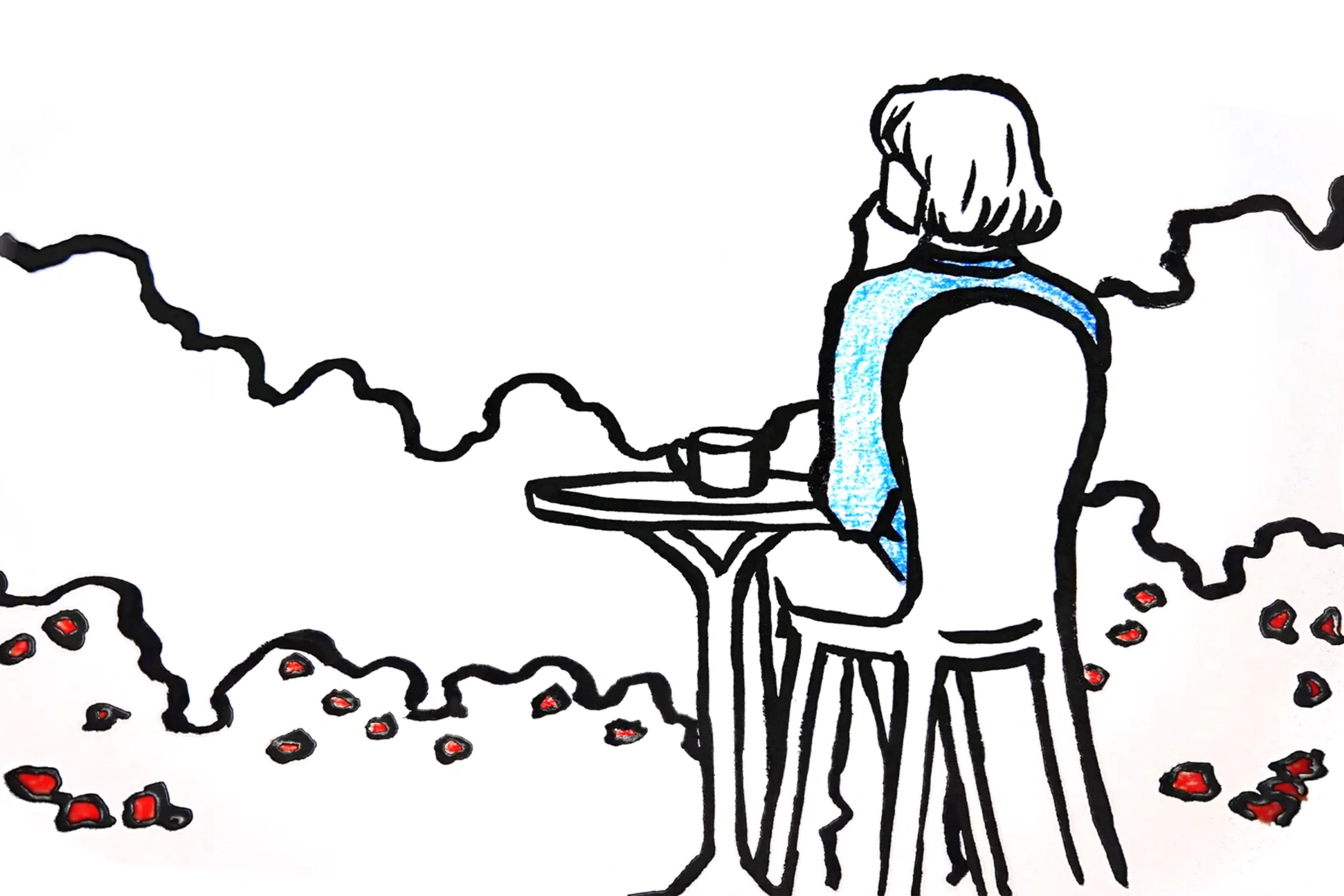
Directed by Josephine Sittenfeld

Drug treatments for schizophrenia have barely changed in 70 years, but a mix of chance and ingenuity offers fresh hope
by Jeremy Hall
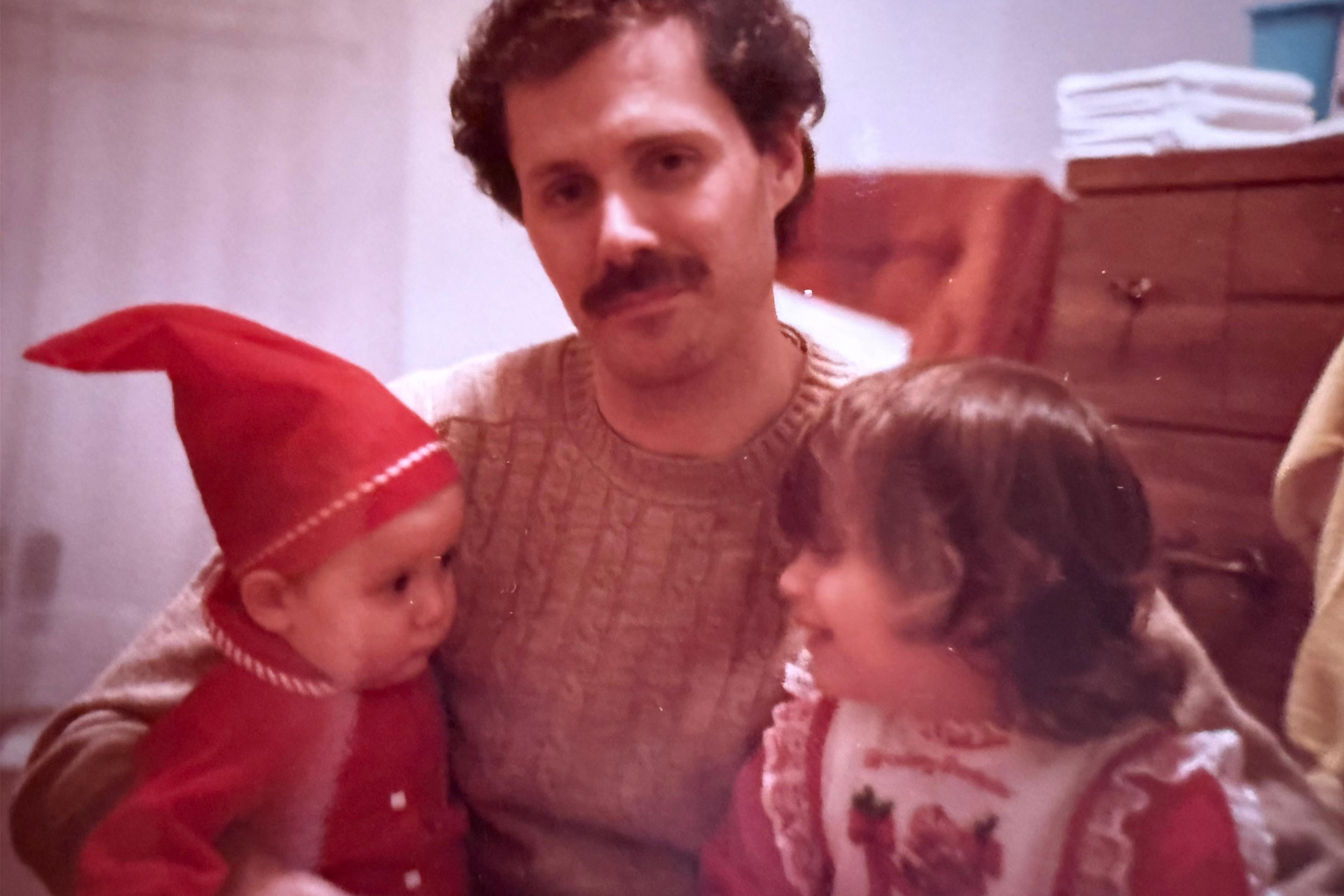
Losing my father to forgetting and my brother to silence, I grieve the living in two different ways
by Steph Auteri
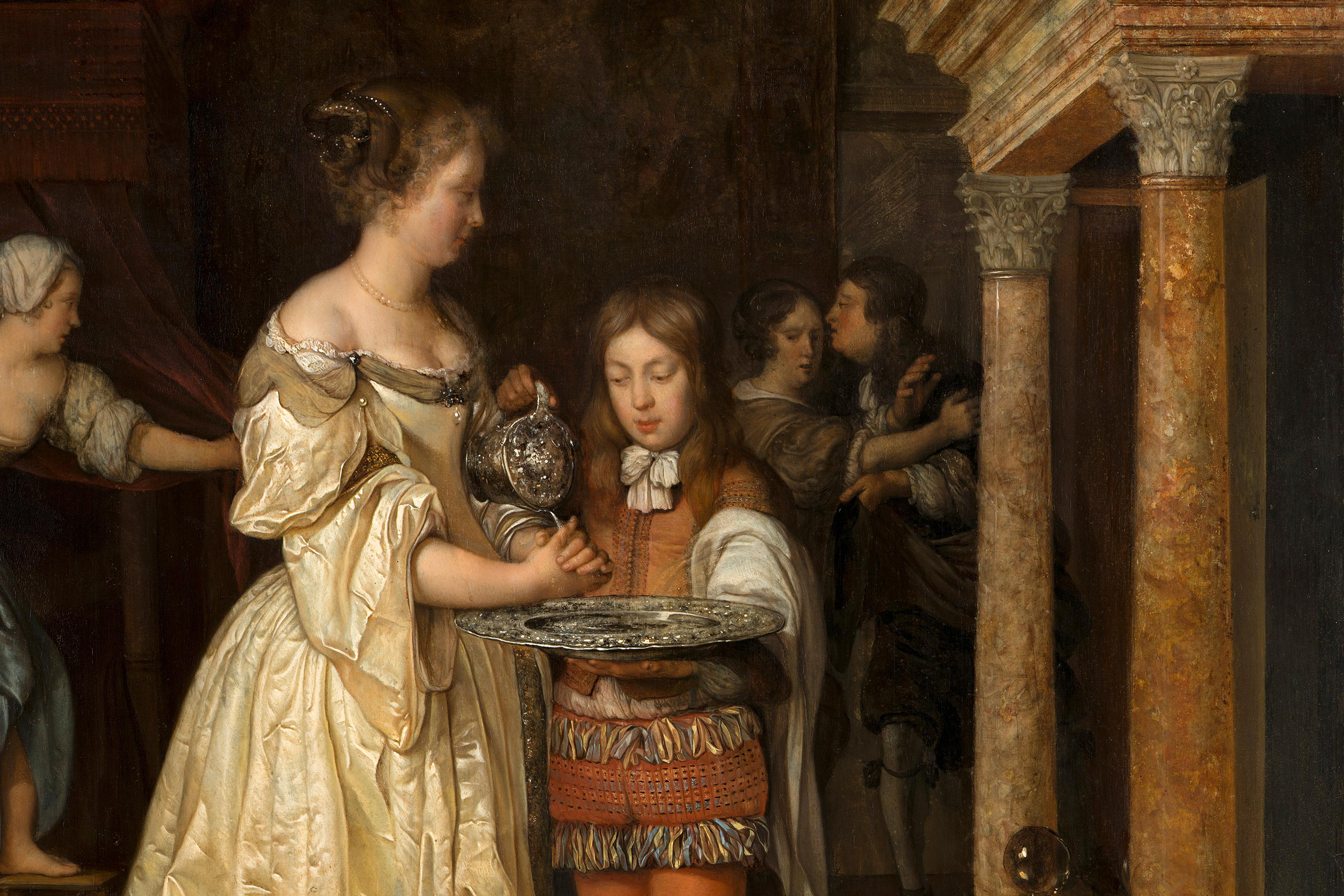
In an investigation of compulsions, a book connects our modern understanding of OCD to accounts from previous eras
by Matt Huston

Cast out by my family as a child, I was groomed by a sex trafficker. I’m finally done with cowering
Jose Alfaro, as told to Larry Lindner
Popular
View all
Do networking events fill you with dread? Here’s how to manage your fears, show up, and take advantage of the opportunities
by Fallon Goodman


Well-meaning campaigns urge openness and conversation about mental health struggles. But there are those who cherish silence
by Dan Degerman

Directed by Josephine Sittenfeld

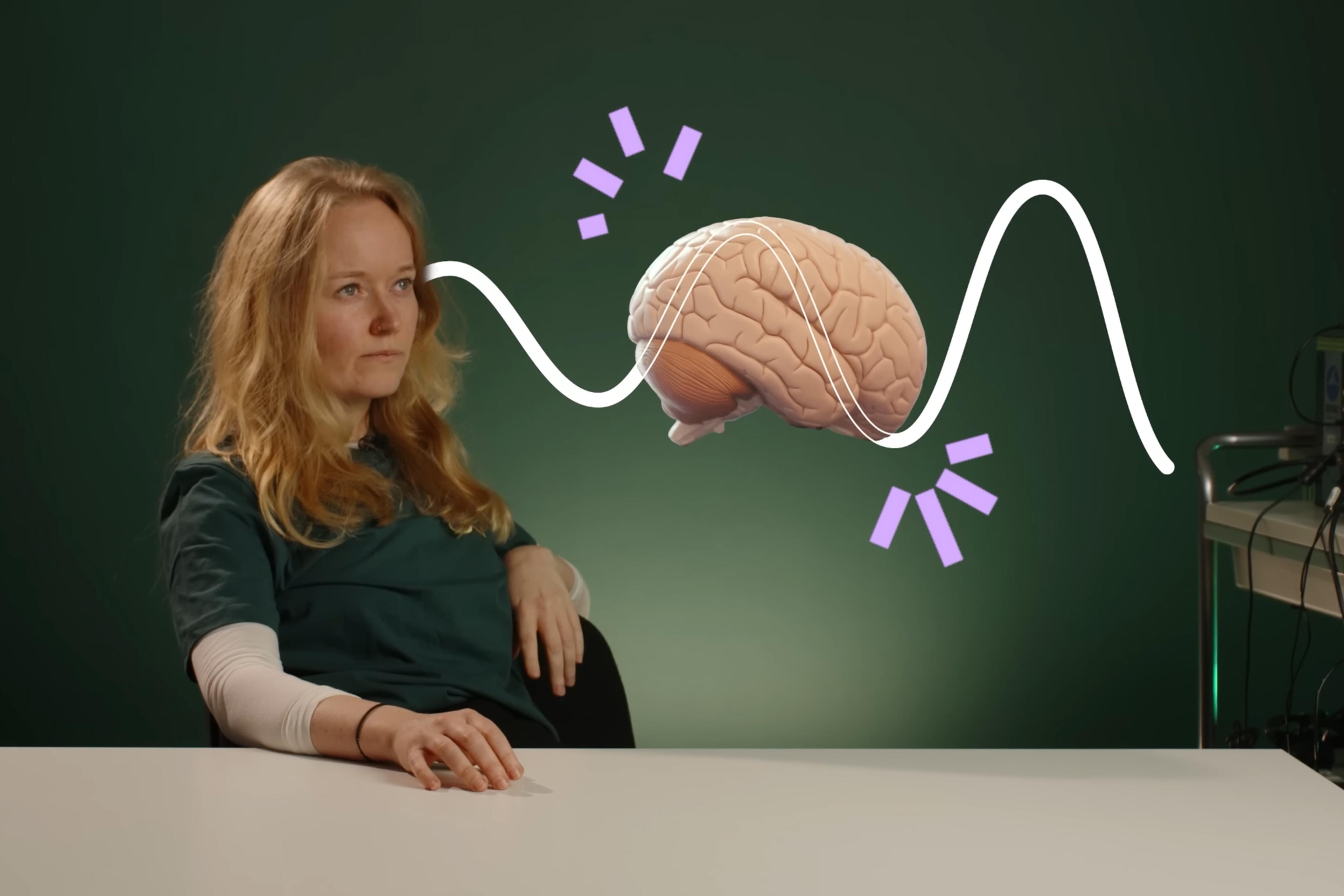
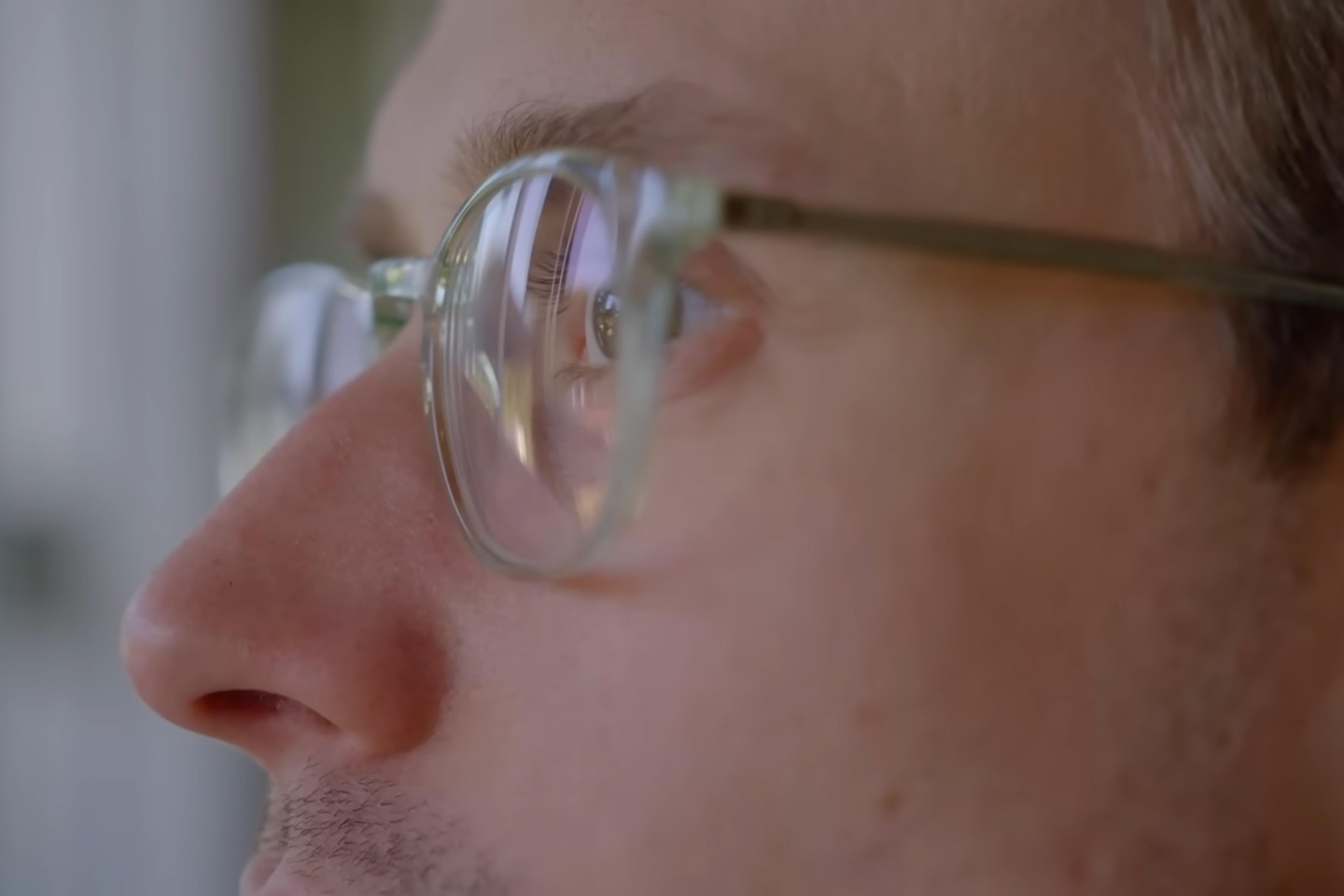
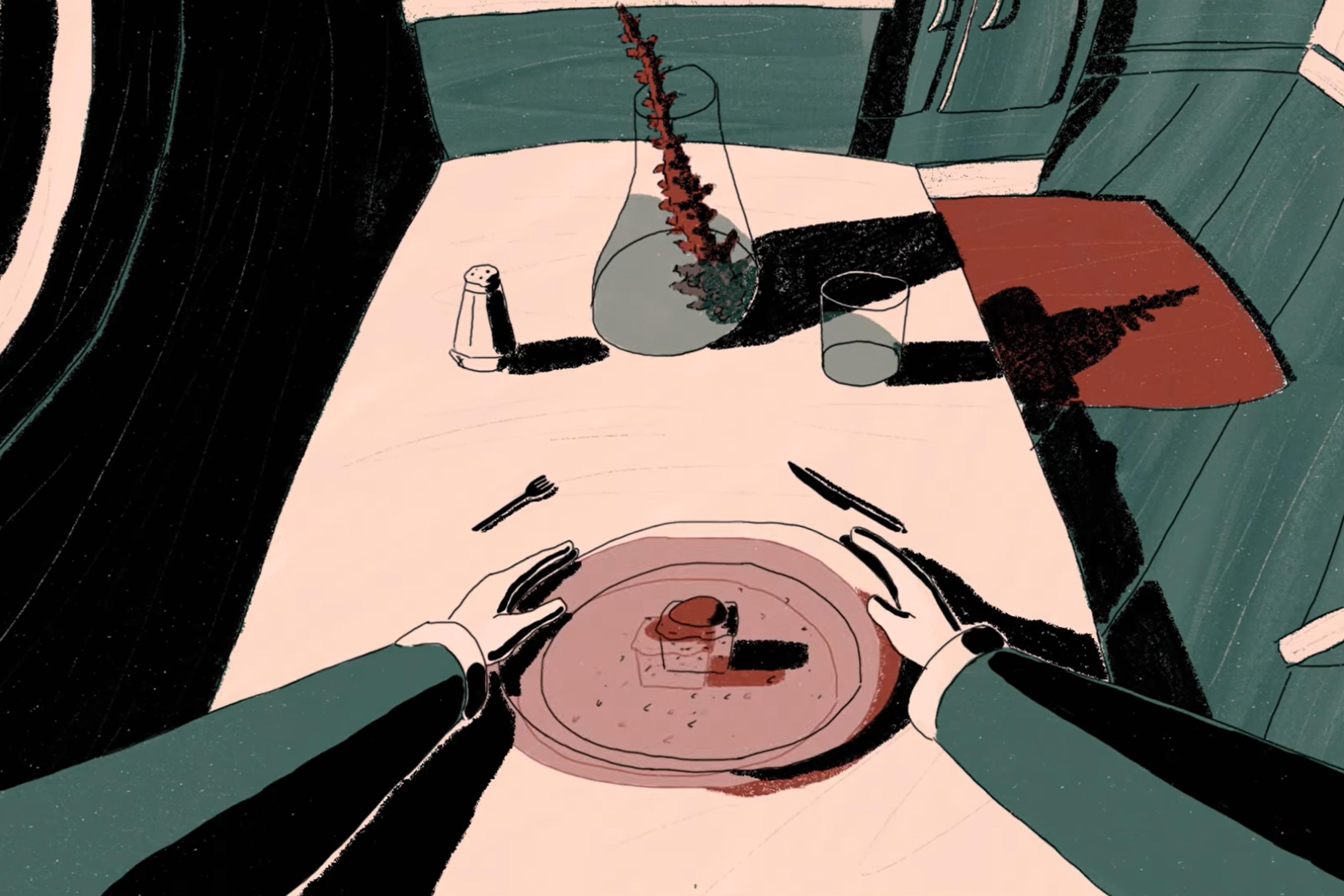

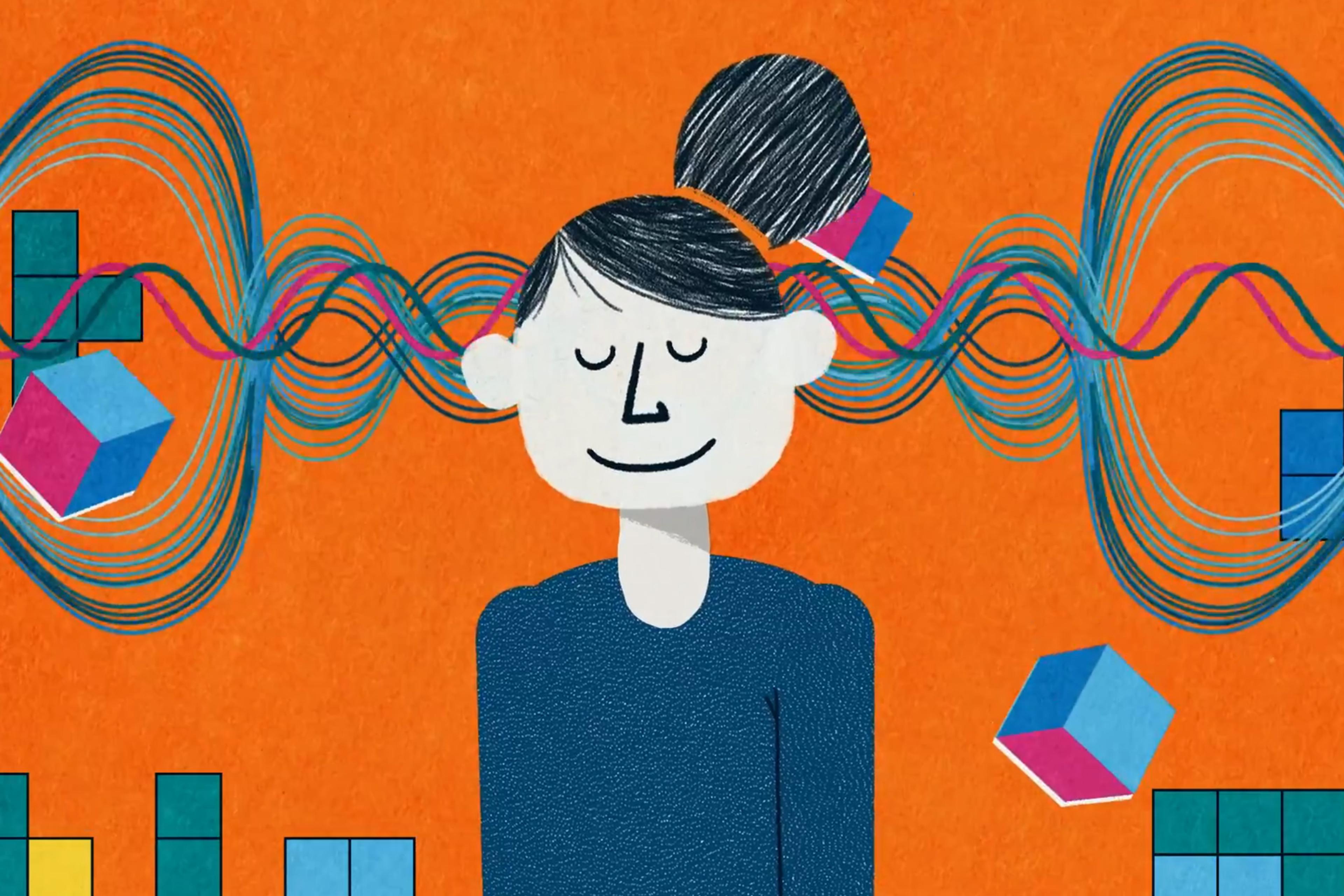


Well-meaning campaigns urge openness and conversation about mental health struggles. But there are those who cherish silence
by Dan Degerman

A random shooting left me with crippling PTSD. Could magnetic stimulation of my brain quiet the terror?
by Madison Lamb

Cast out by my family as a child, I was groomed by a sex trafficker. I’m finally done with cowering
Jose Alfaro, as told to Larry Lindner

Losing my father to forgetting and my brother to silence, I grieve the living in two different ways
by Steph Auteri
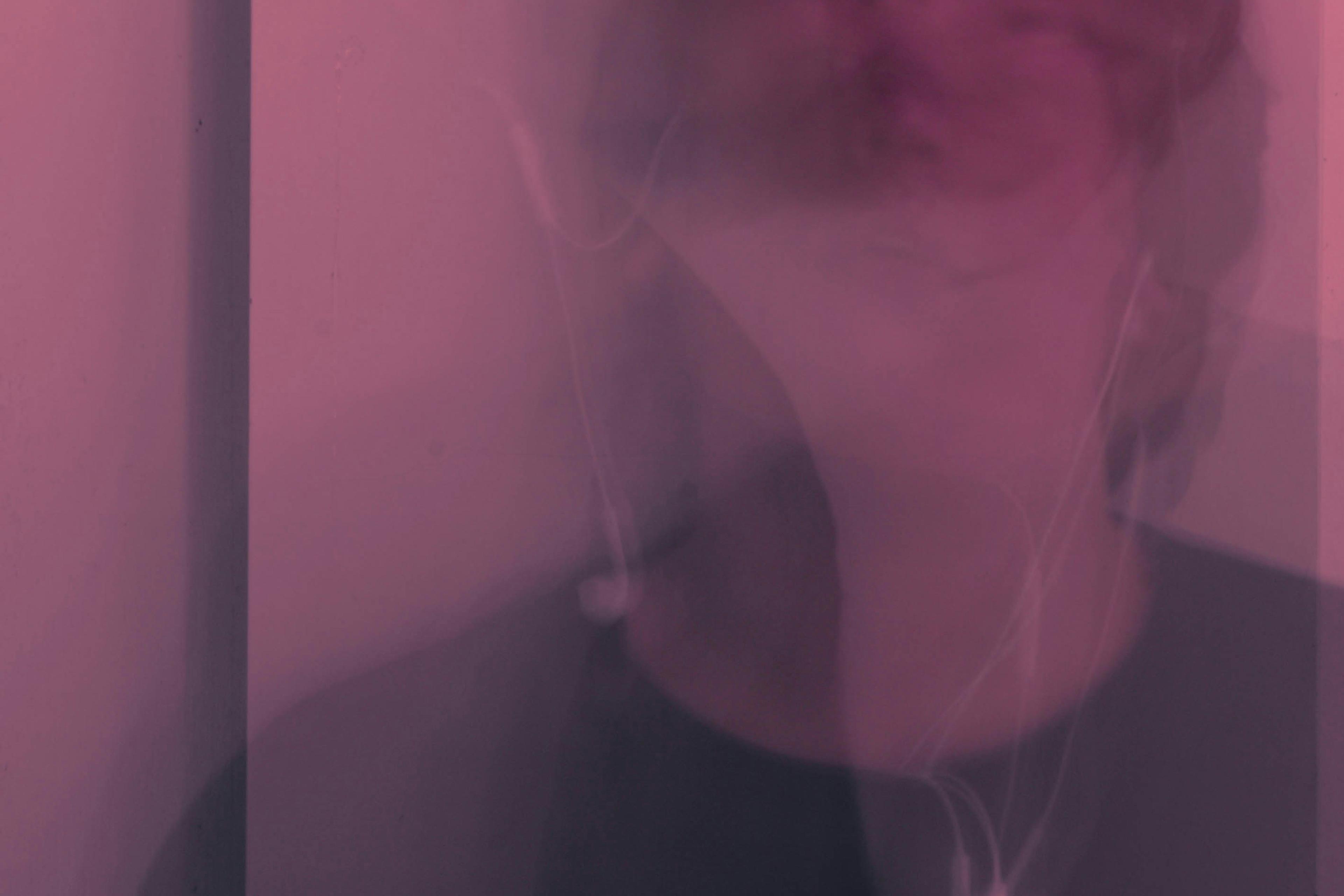
I’d lived through two eras: pre and post OCD diagnosis. Nothing prepared me for what the third era held
by Lux Alptraum

Those frustrating patterns you keep experiencing might be because of your schemas – and there’s a therapy that can help
by Gemma Gladstone

In the sensory and communal modes of healing that people have used throughout history, there is guidance for today
by Mariem El-Kady

It’s not wrong to wonder whether your therapist is helping – it could be a useful signal. Here’s what to do next
by Alice Rizzi

Aristotle created the blueprint for the bravery we need to resist injustice and do the right thing, even at our own risk
by Andrew Culbreth
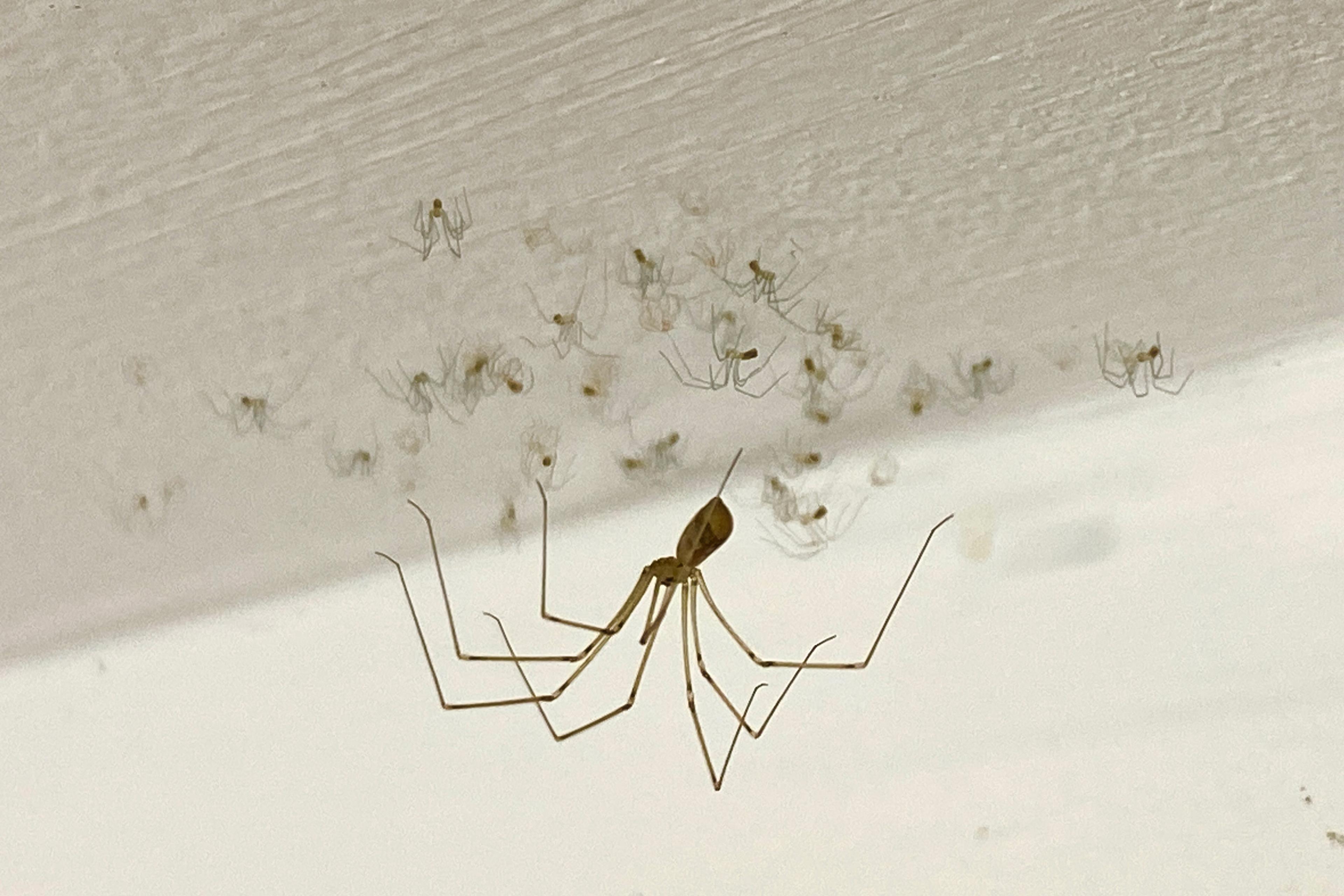
I’ve always been terrified of spiders, yet one day I adopted the daddy longlegs in my bathroom
by Ruth Kogen Goodwin

When you become afraid of your own reaction to perceived threats, it creates a vicious cycle. Here’s how to break free
by Nick Wignall

Research on frightening but fun experiences offers some encouragement for those of us who prefer to know what’s ahead
by Matt Huston
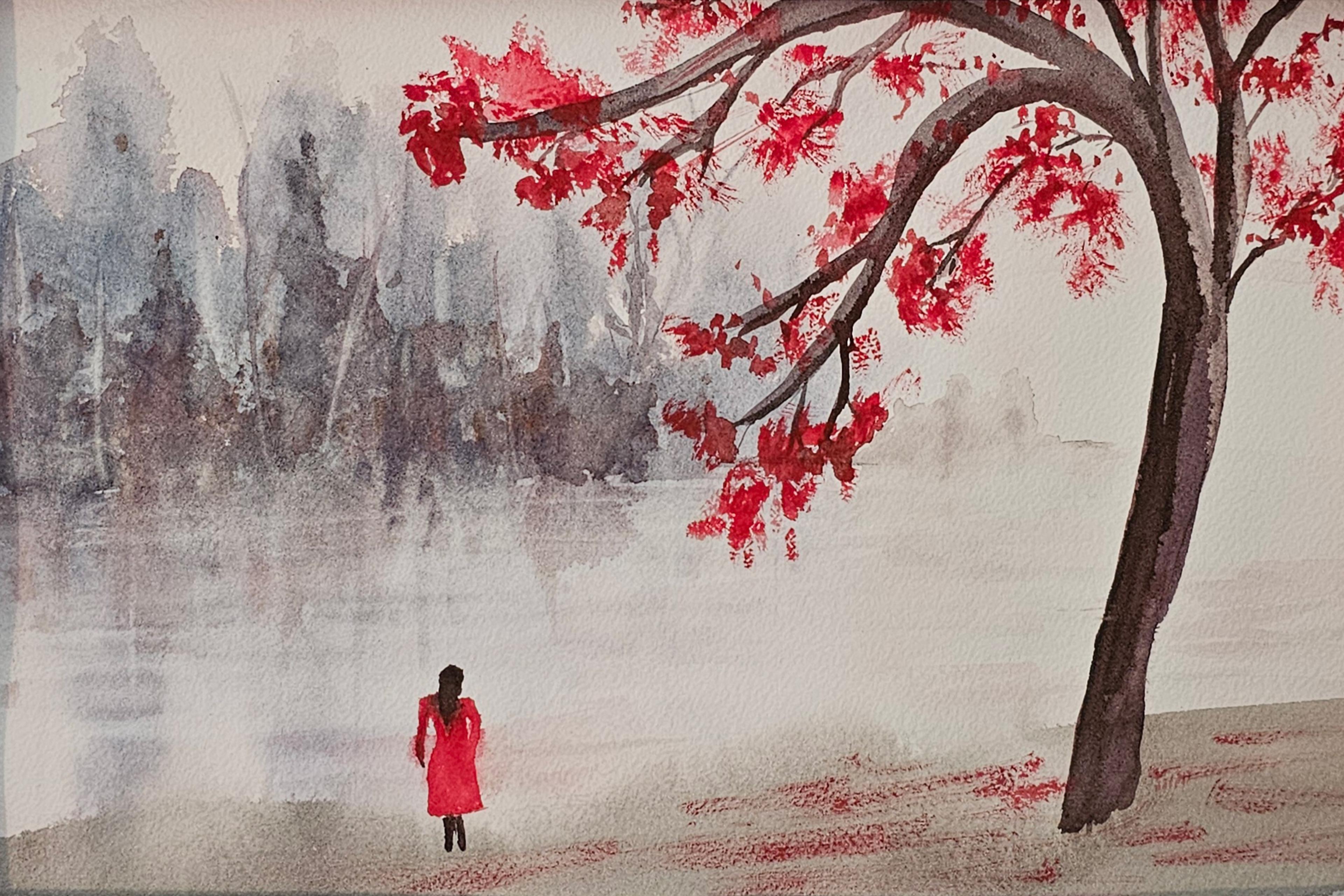
After my brother Chris died by suicide, my other brother Dave tried to kill me. Here’s how I survived
by Anita Lambert

We’re told that facing our fears can help us overcome them – but this misses the other intoxicating part of the equation
by Muhammad Badarnee & Mohammed R Milad

Hope is indispensable. But when false hope blinds us to reality, a short bout of despair might be the antidote we need
by Juliette Vazard
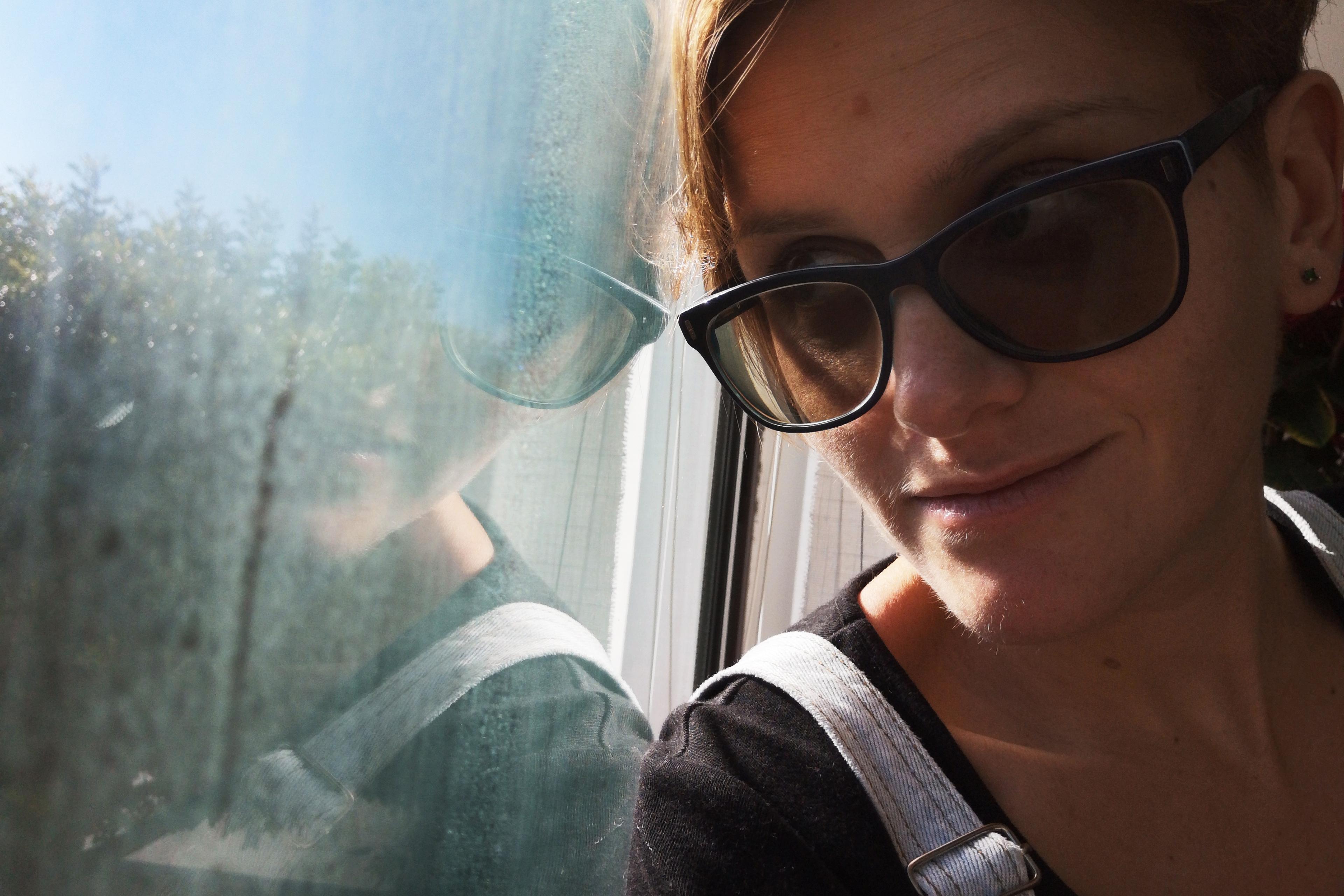
Borderline personality disorder is often misunderstood. Here’s what you should know about it and how to get real support
by Sara Rose Masland & Thea McAfee